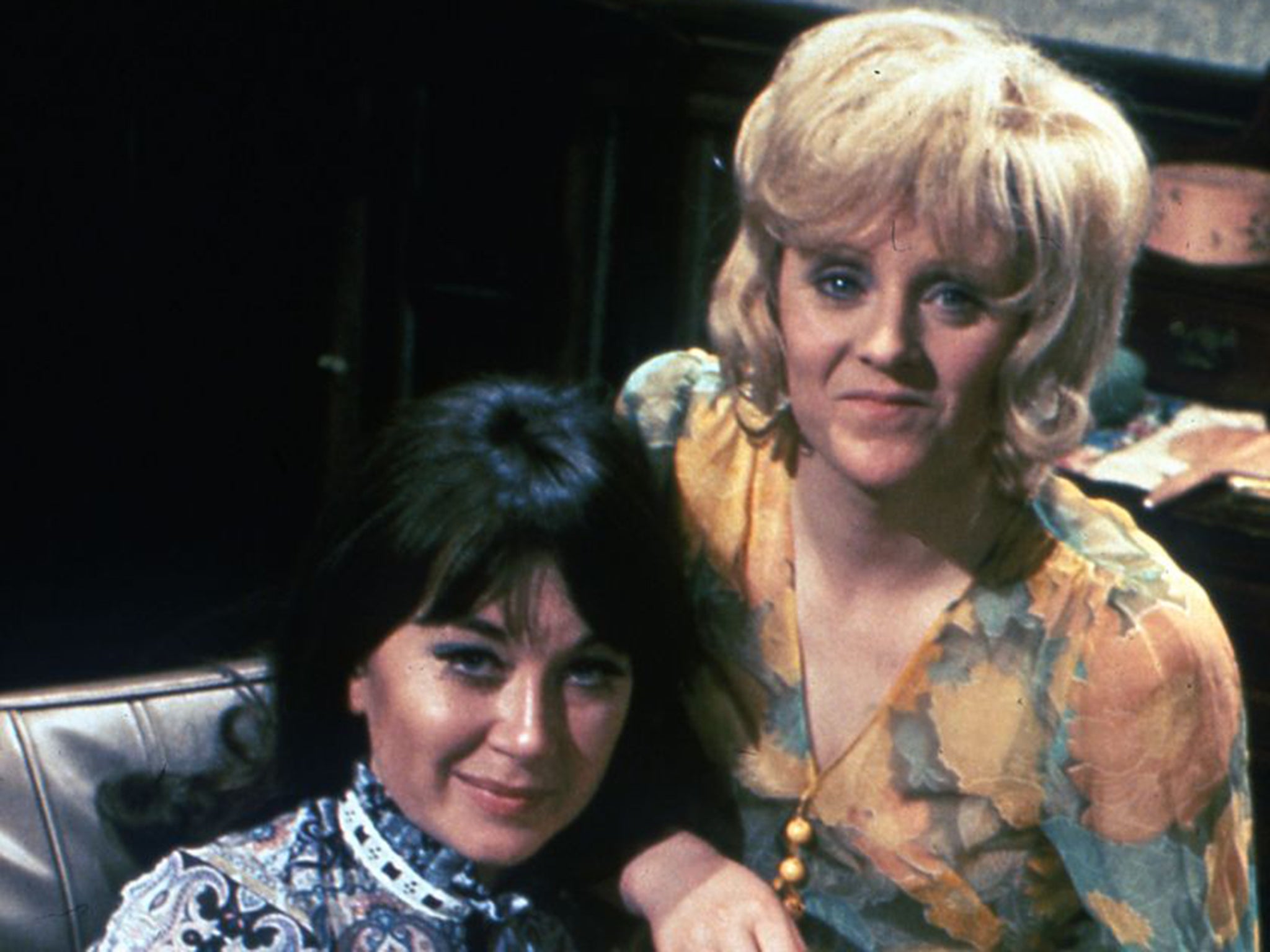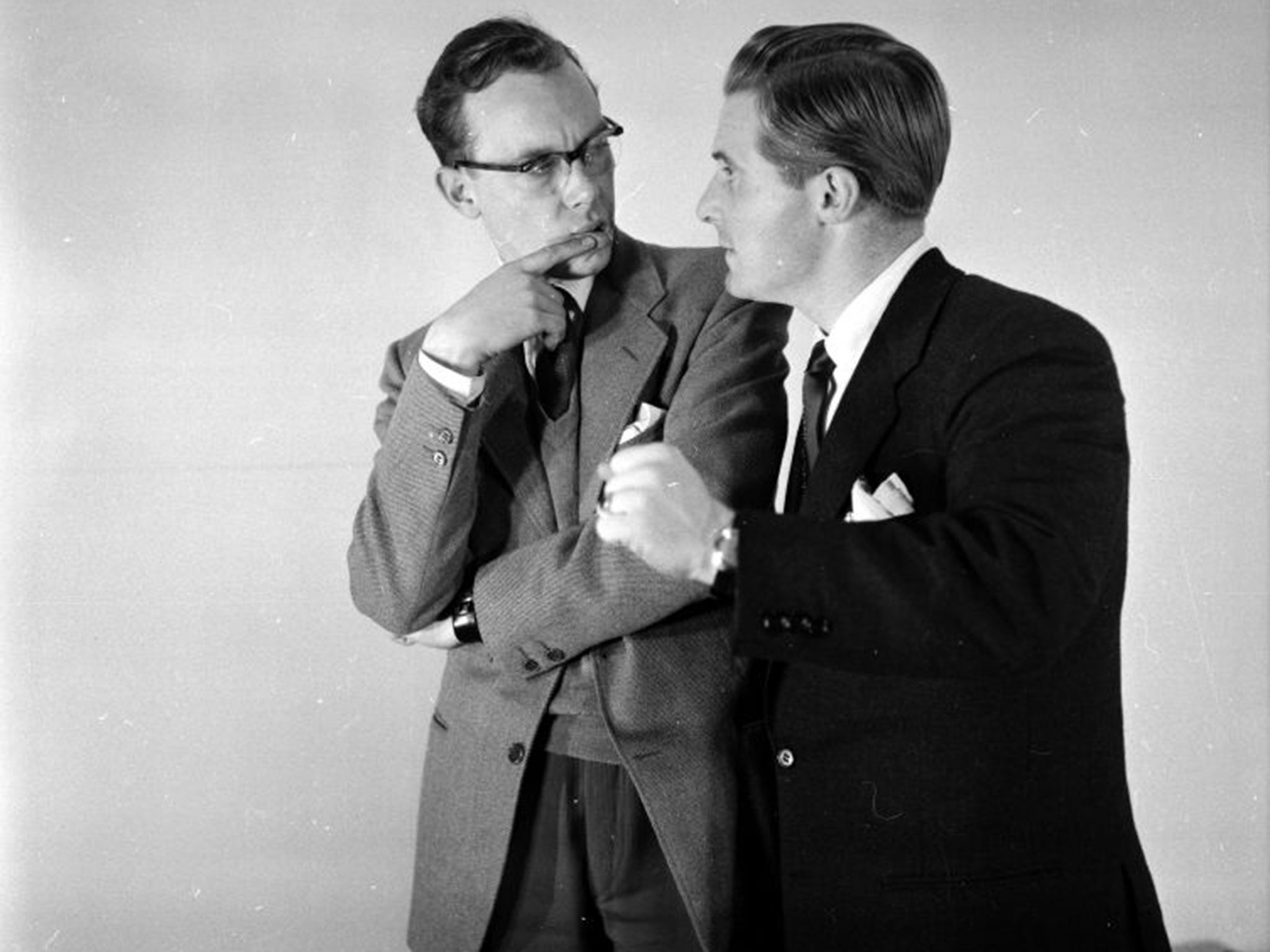Don't believe the stereotype - or should you?
We exaggerate regional traits and turn them into jokes - and those on the receiving end are in on it too

Reading press reports of last week’s Big Personality Test survey of our national psychology, I was suddenly reminded of an article which, well over three decades ago, I contributed to an Oxford student magazine. This, devised with the help of an enterprising undergraduate draughtsman, was a “Bigot’s Guide to Britain”, in which a map of the British Isles was superimposed with pithy one-liners about its various regional divisions. The South-west, naturally, was home to scrumpy-swilling yokels and East Anglia the haunt of carrot-crunching smock-wearers. There were also, as I seem to remember, the usual injurious remarks about whingeing Scouse gits, tight-fisted Caledonians and the sheep-shagging leek-nibblers of the Cambrian margin.
It was not to be expected that the Big Personality Test would confirm any of these prejudices. What it manifestly did do, on the other hand, was to suggest that the underlying principle which such bigotry perverts is essentially a sound one. According to the survey, there are indeed significant regional variations in the five basic psychological traits – extraversion, agreeableness, conscientiousness, emotional stability and openness – that form human personality. To particularise, Scotland tends to be populated by the friendly and emotionally stable, while the Welsh are noted for their openness, shyness and emotional instability. Londoners, it turns out, although “open”, are the least welcoming British group while also scoring low on conscientiousness.
These psychological divisions, the compilers note, are an important refinement to existing research into the tendency of such factors in our national make-up as employment, health or social conservatism to form regional clusters. According to Jason Rentfrow of the University of Cambridge, who carried out the study, “Understanding how personality traits differ by region is more than just a bit of fun. Geographical differences are associated with a range of economic, social and health outcomes, and hence how important resources are allocated.” A perception that the average inhabitant of Humberside or eastern Scotland tends to be “quiet, reserved and introverted” may not simply be material for a stand-up comedian but the spur to far-reaching policy decisions.

However surprising some of these conclusions – the Scots’ reputation for dourness is apparently horribly unfair – there was a suspicion that the report did not go far enough. What it did not do, indeed could not do without more research and an understanding of what in some cases is a centuries-old context, is to investigate the chicken-and-egg dilemma that hangs over nearly all regional stereotyping: the question of whether we believe what we do about localised personality traits because we have observed them ourselves and think them to be true, or because we approach them by way of an inherited bias we may not even know has been implanted.
Take, for example, the very common attribution to the natives of Yorkshire of a, shall we say, bluff and forthright view of life that occasionally shades into outright omniscience. When, in my late teens, I first saw the Monty Python “Four Yorkshiremen” sketch, in which each participant strives to outdo the other over the privations of their upbringing, my first thought was that it must have been drawn from life, if only because I had sat in college bars and heard fellow students maunder self-righteously on in almost exactly the same way. On the other hand, my father’s routine comment about his time spent in an RAF unit in the Second World War was that there was never any danger of being led astray because the people from Yorkshire knew everything and what they didn’t know the people from Lancashire did, so perhaps all I was doing was rationalising an existing prejudice.
At the same time, it takes only a page or two of any book written by a professional Yorkshireman – one of J B Priestley’s autobiographical volumes, say – to determine that there is a spirit at work that can only have been hatched somewhere between Huddersfield and Scarborough, a particular view of the world in which a fondness for brass tacks very often gives way to an unsuspected romanticism. It is the same with the cultural separations between Scotland and the English south, which, as social historians regularly point out, are detectable in everything from literature to comedy.
In fact, the history of music hall humour is a bravura demonstration of the north-south divide, northern audiences not liking smart southern comedians for poking fun at other people rather than themselves or going for taboo subjects such as clergymen. Morecambe and Wise, on their third visit to the Glasgow Empire in the early 1950s, were received in complete silence, after which the stage doorkeeper murmured: “Aye, lads, they’re beginning to like you.”
The self-consciousness of the Glasgow doorman reveals another key aspect to stereotyping, which is its reciprocal character, the readiness of those being stereotyped to buy into the process. Last night’s Archive on 4, for example, contained a fascinating discussion of the recent history of Merseyside dialect, whose general conclusion was that in the past 30 years, Scouse had turned into a wholly exaggerated version of the kind of Liverpudlian argot on display in early Seventies sitcoms such as The Liver Birds. “My aunts never spoke like that,” the late Beryl Bainbridge complained about the varieties of local demotic available on Brookside. What had happened, the experts insisted, was that the arrival of Merseysiders in the national media encouraged those at home to play up their verbal tics.
On the other hand, most of those involved – admittedly, Liverpudlians to a man and woman – were convinced that this was, by and large, a positive thing and that ramping up your Scouseness was likely to confirm your sense of regional identity and the pride you took in its collective traditions. By extension, the same rules apply to national characteristics, the perception of which – however much mythologised or subject to the chicken-and-egg rule – is so regularly incorporated into art and literature that it becomes a kind of aspirational lure. The characteristics we attribute to ourselves, whether as representatives of a region or a nation, are important if only because, whether right or wrong, they tell us something profoundly revealing about the kind of people we imagine ourselves to be.
Inevitably, the gap between real-life observation of a national trait and straightforward parable can seem uncomfortably close. I was once told the story of a Finnish couple on holiday in Rome who, needing information about transport, walked up to another couple and asked for it in Finnish. By chance they had chosen a pair of Finns. Given the details (also in Finnish) they expressed no surprise and wandered off, the husband commenting only: “I told you they would know the language.” I always found this hard to swallow, but no Scandinavian I have ever mentioned it to so much as raises an eyebrow. To them it is merely the Finnish national temperament en vacances.
There is, of course, no way of proving this is true, just as there is no way of proving so many of the characteristics regularly assigned to aspects of our national culture. And yet anyone who has spent much time in the company of the English novel will have an idea of the preoccupations that make it tick – its fascination with class, social differentiation, minute gradations of status – and also suspect that these factors are what gives it its savour. Like talking through your nostrils, being hung up on class can, in certain circumstances, be a point in your favour.
Join our commenting forum
Join thought-provoking conversations, follow other Independent readers and see their replies
Comments
Bookmark popover
Removed from bookmarks